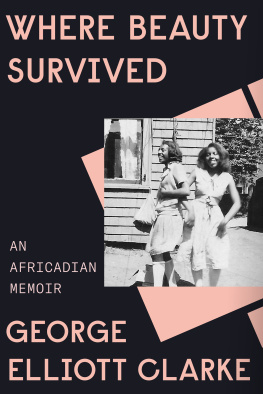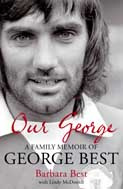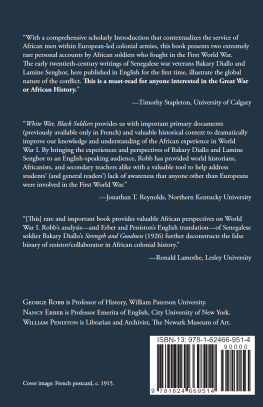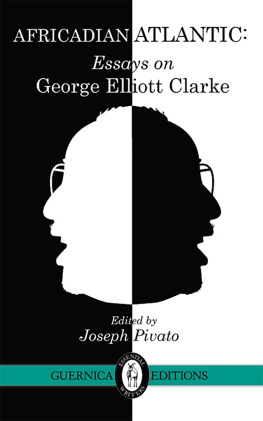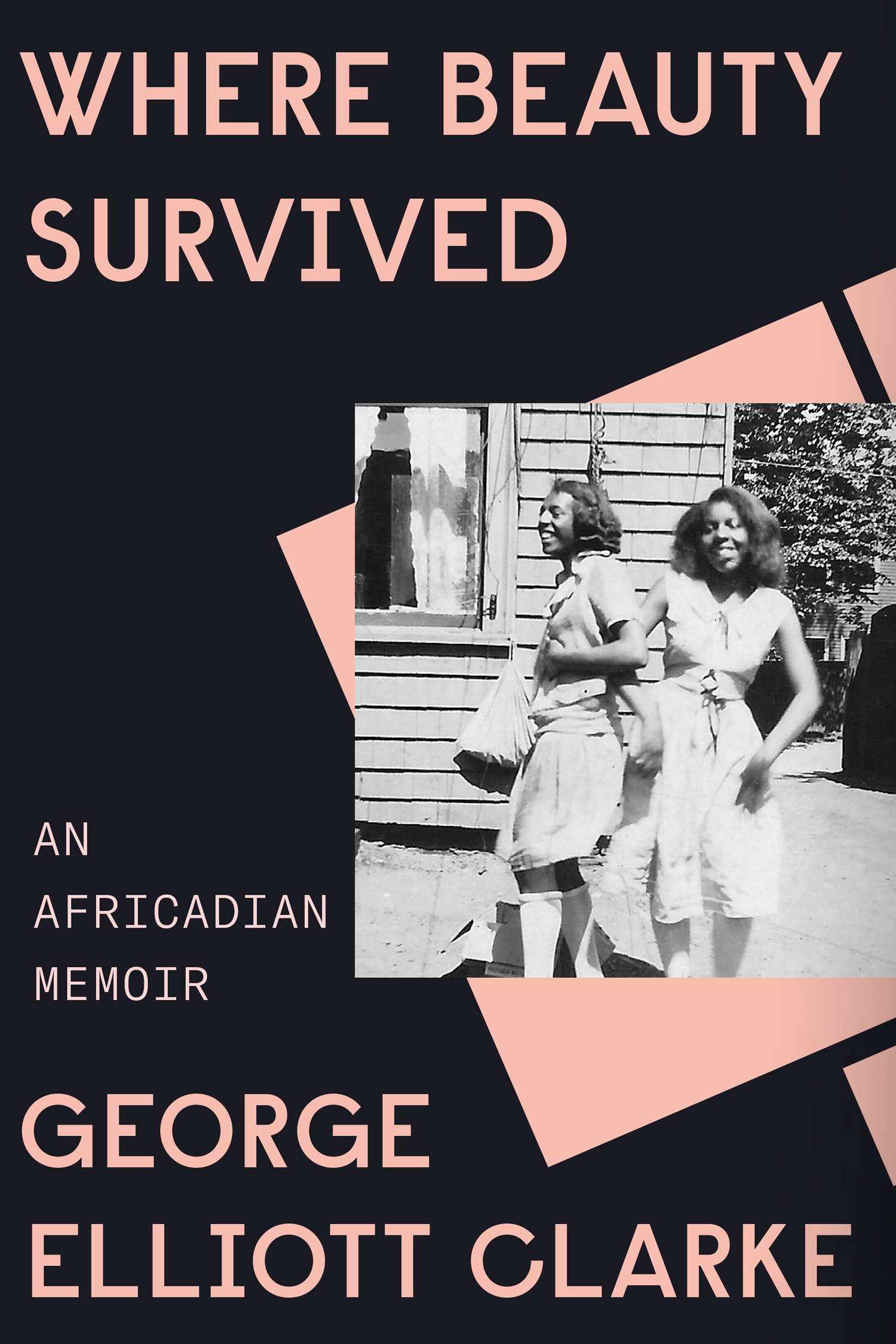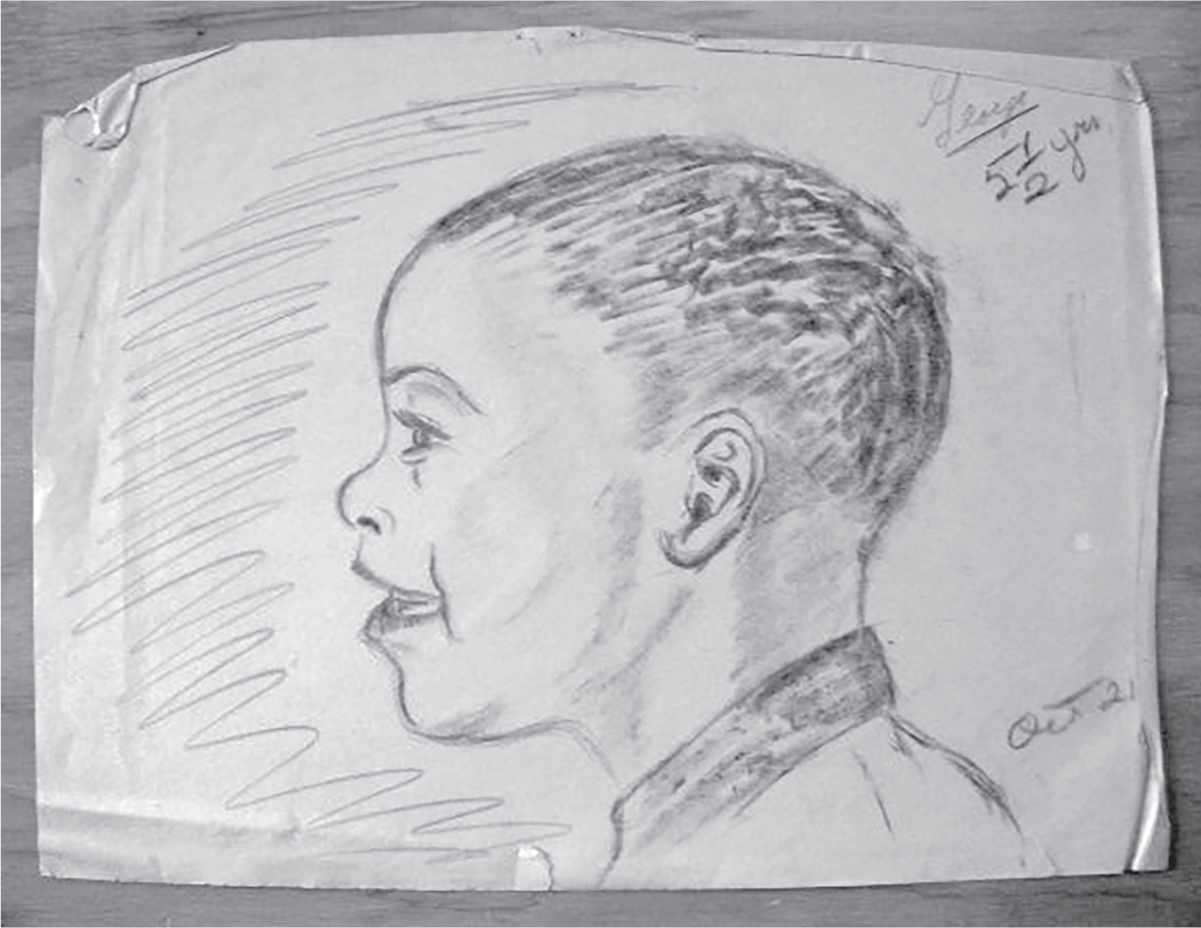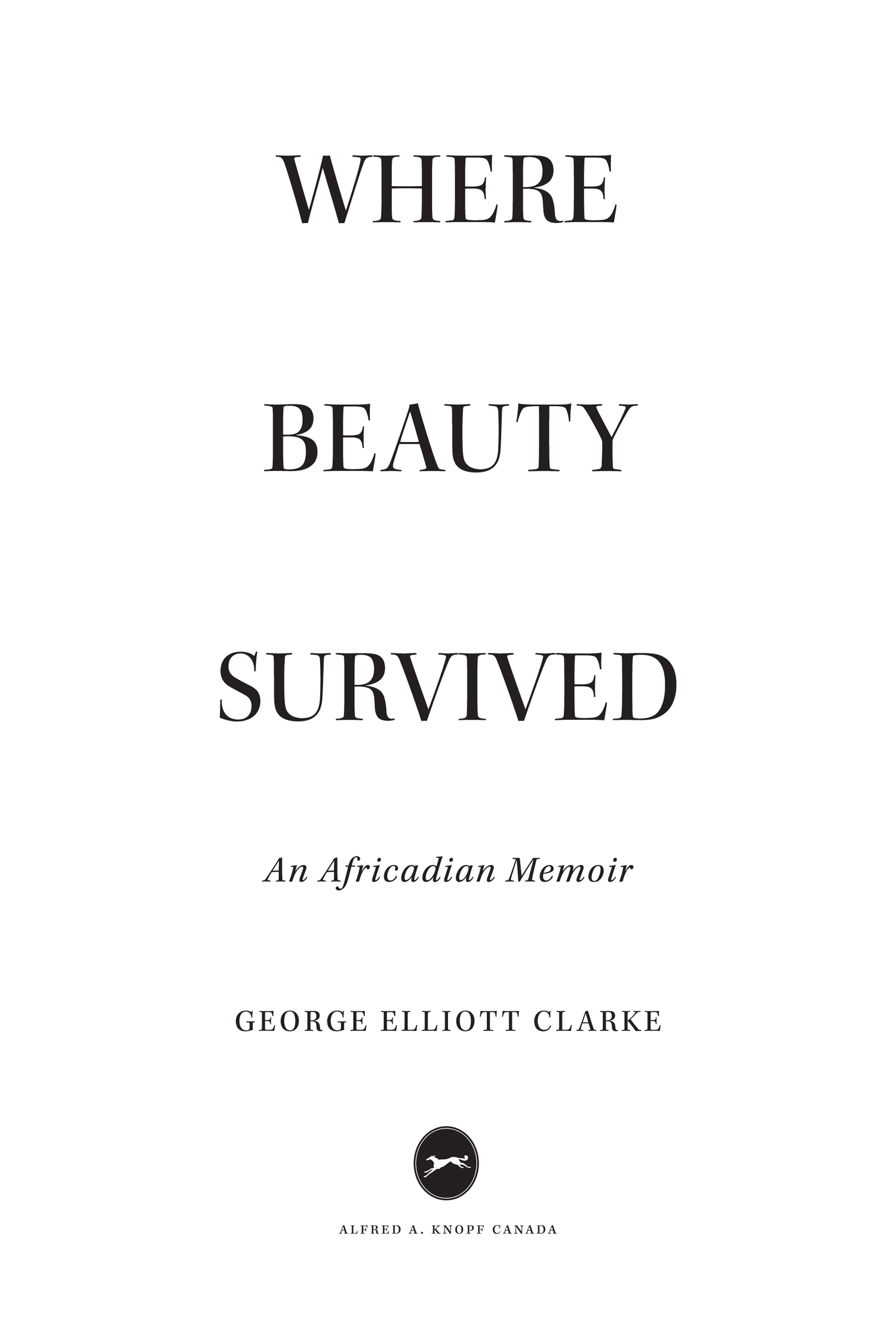Contents
Landmarks
Print Page List
ALSO BY GEORGE ELLIOTT CLARKE
FICTION
The Motorcyclist
George & Rue
POETRY
White
Canticles II (MMXX)
Portia White: A Portrait in Words
Canticles II (MMXIX)
These Are the Words (with John B. Lee)
Canticles I (MMXVII)
Canticles I (MMXVI)
Gold
Extra Illicit Sonnets
Traverse
Illicit Sonnets
Red
I & I
Blues and Bliss
Black
Illuminated Verses
Blue
Execution Poems
Lush Dreams, Blue Exile
Whylah Falls
Saltwater Spirituals and Deeper Blues
CHILDREN S POETRY
Lasso the Wind: Aurlias Verses and Other Poems
Portrait of George Elliott Clarke, October 1965, by William L. Clarke.
PUBLISHED BY ALFRED A. KNOPF CANADA
Copyright 2021 George Elliott Clarke
All rights reserved under International and Pan-American Copyright Conventions. No part of this book may be reproduced in any form or by any electronic or mechanical means, including information storage and retrieval systems, without permission in writing from the publisher, except by a reviewer, who may quote brief passages in a review. Published in 2021 by Alfred A. Knopf Canada, a division of Penguin Random House Canada Limited, Toronto. Distributed in Canada and the United States of America by Penguin Random House Canada Limited, Toronto.
www.penguinrandomhouse.ca
Knopf Canada and colophon are registered trademarks.
The author has changed the names of some of the individuals in this book, and in some cases modified identifying details to try to preserve anonymity.
Library and Archives Canada Cataloguing in Publication
Title: Where beauty survived : an Africadian memoir / George Elliott Clarke.
Names: Clarke, George Elliott, author.
Identifiers: Canadiana (print) 20210143843 | Canadiana (ebook) 20210149949 | ISBN 9780345812285 (hardcover) | ISBN 9780345812308 (EPUB)
Subjects: LCSH: Clarke, George ElliottChildhood and youth. | LCSH: Authors, CanadianNova ScotiaHalifaxBiography. | LCSH: Authors, BlackNova ScotiaHalifaxBiography. | CSH: Authors, Canadian (English)Nova ScotiaHalifaxBiography. | CSH: Black Canadian authorsNova ScotiaHalifaxBiography. | LCSH: Halifax (N.S.)Biography. | LCGFT: Autobiographies.
Classification: LCC PS8555.L3748 Z46 2021 | DDC C818/.5409dc23
Text design: Kate Sinclair
Cover design: Kate Sinclair
Cover image: Nettie & Portia White, circa 1930. Courtesy of Sheila White
Map of Nova Scotia Black Cultural Centre for Nova Scotia
Interior photo of Portia White Yousuf Karsh
All other interior photos courtesy of the author.
a_prh_5.7.0_c0_r0
For Geraldine Elizabeth Clarke (1939-2000) & William Lloyd Clarke (1935-2005): Adepts, Believers, African Baptists.
I want to know how I can bring Beauty.
LOUISE BERNICE HALFE
Burning in This Midnight Dream
But enough. What is all Beauty?
WILLIAM FAULKNER
Vision in Spring
Social phenomena are sometimes like the harnessed waters of a mighty river kept in check by the dam of history. When the dam bursts suddenly, it is not history that crumbles into oblivion. No. To the contrary, every drop of that mighty flow resulting from the radical rupture nurtures the soil from which history bursts forth. [The] outcomedepends on how far [the people] see and grasp the necessity for change, the necessity to bring about the deep-going transformations demanded by history.
HARDIAL BAINS
Thinking About the Sixties: 19601967
CONTENTS
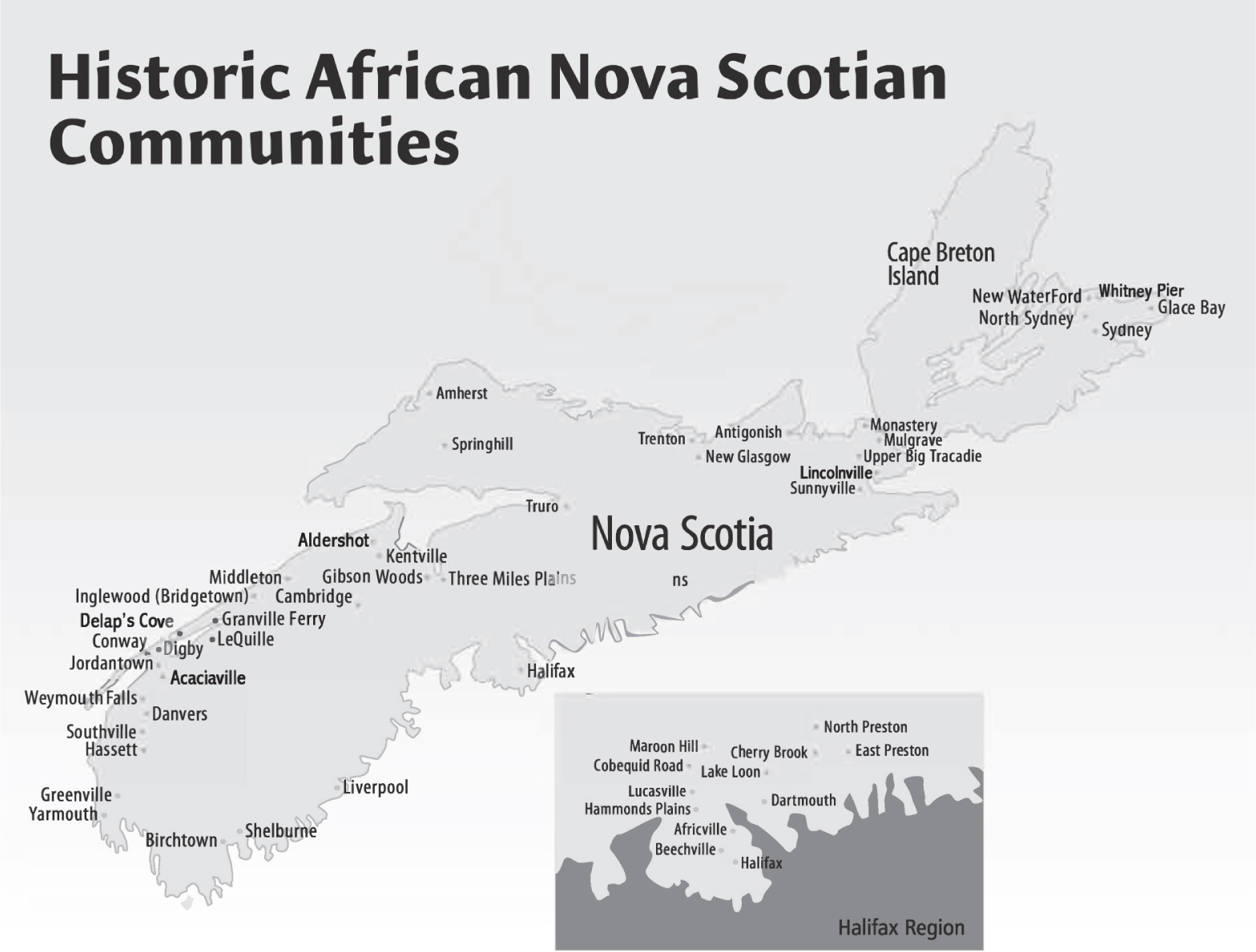
a note on nomenclature
When I was a boy in Nova Scotia, in the early 1960s, the acceptable terms my community used to describe ourselves were either Negrowith a majuscule N, befitting our dignity, or Coloured, also oft-capitalizedand for the same reason. By the later 1960s, however, Black became the more fashionable and politically advanced descriptor, which caused some conniption, especially for those Black Nova Scotians who were part-Caucasian or part-Indigenous (or both), and who deemed themselves Coloured. Nevertheless, Black became de rigueur, and it has retained its significance. (However, capitalization of black as either noun or adjective is a matter best left, I think, to poetic feel rather than political manifesto. I have let my conscienceand the contextdetermine my inclination.)
By the 1990s, African-Nova Scotian began to become the popular denomination, and governments have consecrated it as such. In 1991, I advanced the term Africadianto designate black people arising from the historical communities of Nova Scotia, New Brunswick, and Prince Edward Island, to distinguish our culture and our three-century-long presence from the originally offshore histories and cultures of Black Newcomers. Governments and universities also utilize the term Indigenous Black to achieve the same distinction: to recognize that the historical, Africadian population has endured aeons of slavery first and segregation later that merit current attempts at uplift, programs not necessarily required by African-heritage Newcomers.
Untold thousands of Africadians have Indigenous (Cherokee and Mikmaq, in my instance) and/or African-American and/or West Indian roots. But what do Africadians call themselves as a down-home slangy dubbing? Simple: Scotians. (Sometimes writtenpronouncedfully as Nofaskoshans.) And the term may be accidentally more correct than its inventors realize: Scotia is Latinized Greek (skotos) for darkness.
I employ all of the aforementioned epithets at different times throughout the memoir. (The context determines the usage.) But I am, at last, myself: Africadianand Afro-Mtis. Period.
P.S. I sometimes do not bother with standard, British orthography or grammar. When you happen upon such moments, the apparent typo may, in fact, constitute deliberate error.
Thousands of Africadians are also Afro-Mtisa term that foregrounds our Indigenous heritage. It is not to be confused with the mainly European/Caucasian-derived Mtis Nation of Ontario, the Prairies, and British Columbia. We possess our own culture, of which we areat long lastproud.
impetus
Where to begin to chronicle my beginnings? It has to be herein this dreamfrom October 2020, which I experienced as I was editing this memoir. I recognized the truth of the dream immediately, and that is why I narrate it here.
In the dream, Im my current agesixty, and my father, William Lloyd Clarke, is likely seventy, the age at which he passed away in 2005. Im standing in the bedroom that he shares with his second wifeIll call her Pammy, who is likely sixty-something, and whom I never accepted, liked, or loved, but only tolerated (for I could not see how she could replace my mother, Geraldine). Though Pammy is also deceased, she is alive in my dream, but leaves the marital bedroom so that my father and I can speak. I am standing, waiting for him to apologize, to say that he is sorry for his role in the splitting up of his firstand my birthfamily. He is dressed conservatively as usuala shirt and tie under a V-neck sweater, and he does begin to apologize, saying, Sonjust as Ive wished (forever); and as he relates his regret, I cannot restrain the dam-burst of tears that erupts from my eyes, and I collapseover the heap of my books, all spread about me, which I know, suddenly, have all been written in yearning for his apology and his acceptance.

